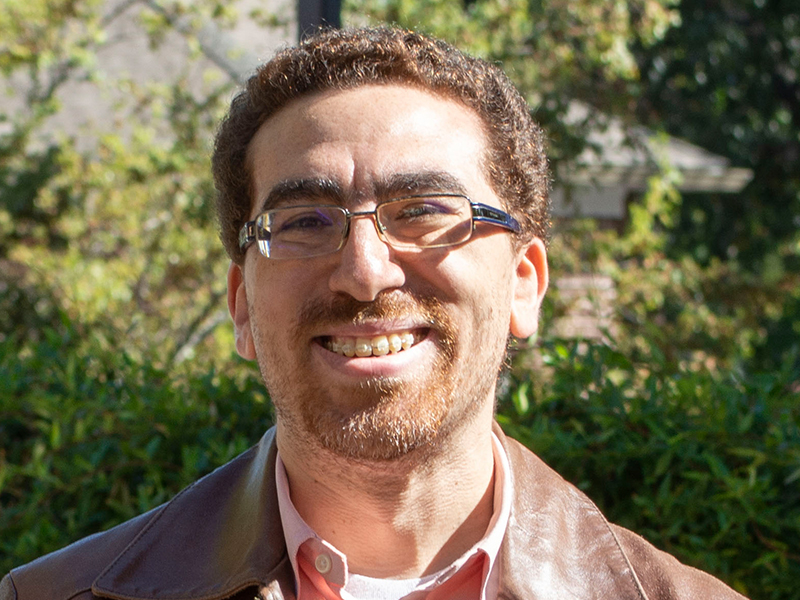High Performance Building
Creating high performance buildings requires that we are able to design, verify, and guarantee the type of systems that meet the highest expectations of the client and society. The technical performance of buildings is the result of the complex interplay of highly variable boundary conditions driving the physical behavior of many components operating in multiple interacting domains such as heat and mass transfer, fluid mechanics, light, and acoustics, all orchestrated by increasingly intelligent building controls. Building performance modeling, simulation, and optimization contribute to an overall integrated approach for performance understanding and improvement, while sensor networks and embedded intelligent systems are increasingly integrating this intelligence directly into the built environment.
Designing for the Future
The field is expanding to address both smaller and larger scales, such as improving representation of HVAC systems, incorporating interactions with a building’s local microclimate, and modeling of urban-scale building energy use. Concepts of environmental performance expand beyond the direct impacts of building energy consumption to consider the overall human systems in which building operations occur – such as transportation and distribution systems, human dynamics, carbon and energy.
In case you missed it, the 10th Annual SimAUD Conference was held here at the Georgia Tech School of Architecture. Researchers and practitioners in the fields of architecture, urban design, urban planning, building science, and data science from across the globe convened in Georgia Tech April 7th–9th, 2019 for the 10th annual celebration of the Symposium on Simulation for Architecture & Urban Design (SimAUD). More than 100 experts from all over the world met to present and discuss cutting-edge research and findings, to experience hands-on simulation workshops, and to speculate on future challenges and opportunities for the built environment. Watch the recap and read more about this year's conference.
Within these themes, the following is a cross-section of dissertations that Ph.D. students have produced in recent years:
- Risk analysis of energy systems under uncertainty;
- Deep moisture and mold modeling of complex buildings;
- Design of net-zero energy buildings, linked to intelligent systems and control with diagnostics;
- Design tools for façade technologies under uncertainty;
- Managing the trade-off between building integrated and grid-scale energy systems and storage;
- Managing the “retrofit America” energy agenda; technology optimization,
- Robust demand control under uncertainty of thermal storage systems;
- Calibration of urban energy models for audit applications.
Questions?
Contact Us

